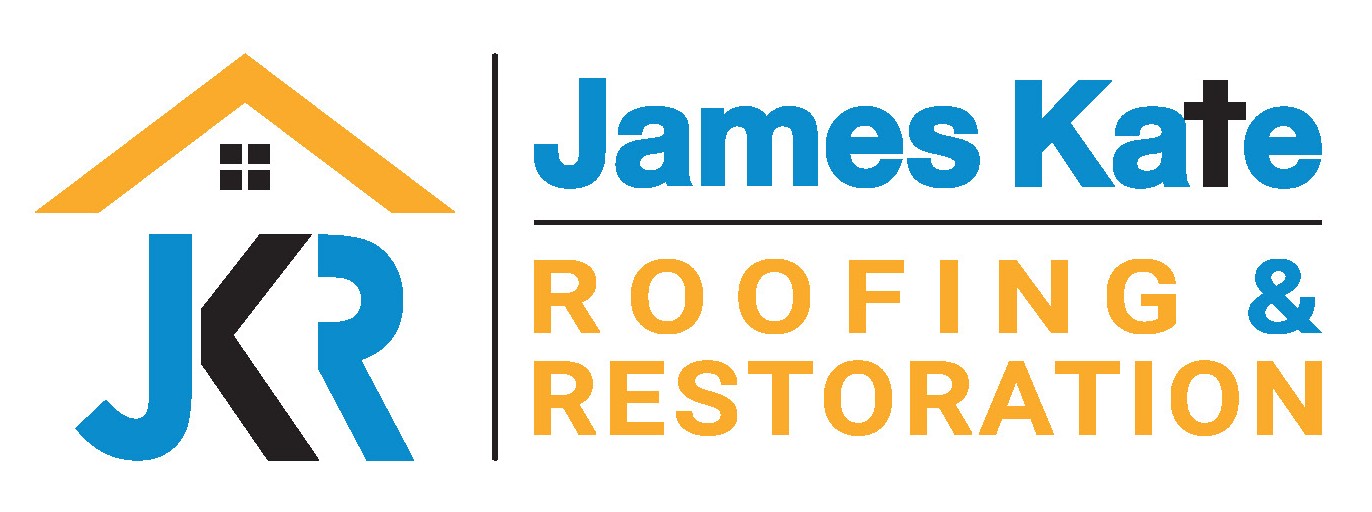Inspect Your Warranties – There Really is a Difference
To quote the late thespian Chris Farley in the movie Tommy Boy, “Here’s the way I see it, Ted. Guy puts a fancy guarantee on a box ’cause he wants you to feel all warm and toasty inside….Course it does. Why shouldn’t it? Ya figure you put that little box under your pillow at night, the Guarantee Fairy might come by and leave a quarter, am I right, Ted?”
Unfortunately that comedy dialogue wasn’t far from the truth in real-life when describing how property managers feel about their roofing warranties. A person thinks they’re safe from damage or repairs regardless at least for the 15 or 20 years of the warranty and if something happens who cares as they’ll just get it fixed for ‘free’. The truth is, warranties are littered with fine print and there is a huge difference between something like an NDL (No Dollar Limit) warranty and the normal ones that depreciate starting on day one. Here’s how to decipher and make sure the warranty company isn’t a “crazy glue-sniffer building model airplanes” as Farley put it.
A Commercial Roof and Its ‘Maximum Serviceable Life’
There are two main things that property managers look for when bidding out for a new roof – 1) price and 2) warranty length. They’re under the impression that the two correlate because if a company offers a 20-year warranty at such-and-such a price, it can easily be deciphered to a price per year cost. The truth is the real life of a roof is determined by two altogether different factors in – 1) quality of installation and 2) character of materials. The 20-year warranty you’re buying to feel all ‘warm and snugly’ rarely covers all the costs associated with repairs and replacement over the years, which can be plenty with poor installation and inferior materials.
Types of Warranties Available
The dilemma property managers face when buying roofing materials with different warranties (and thus higher prices) is that they’re essentially purchasing trust. For example is a shingle that is guaranteed for 50-years manufactured that much more differently than one backed for 30-years? Short answer, no. What a manufacturer is basically doing is getting more money from you up front while selling you peace of mind and secretly hoping the materials outlast their service life, essentially a gamble. Let alone varying lengths, there are also different types of warranties offered:
- Material Warranty – This is the manufacturer saying only that their materials won’t fail under normal conditions for the life of the warranty you purchase. Getting reimbursement on these warranties though can be like pulling teeth as the companies will either blame the roofer for improper installation or the homeowner for negligence in care before ultimately settling on a prorated figure after a long drawn-out process.
- Labor Warranty – Once again you’ll have to prove that the contractor did something wrong during installation to collect on this warranty. You should always hire a contractor that offers a labor warranty but often the state requirement is only 2-3 years. If the roof starts to fail after 4-5 years you’ll need to go on a wild goose chase to determine that improper nailing, lack of underlayment, etc.
- No-Dollar-Limit Warranty – The problem with material or labor warranties is that deficiencies must be proved after the fact in order to collect upon. With an NDL warranty an on-site inspector is present during the different phases of the install to make sure proper techniques are followed. As long as the installers are in accordance with the roofing observer’s reports, the manufacturer is on the hook for any costs associated with a replacement or repair for the life of the warranty.
Industry professionals will tell you that the best warranty is one that never has to be collected upon. That being said the most important factor is hiring a trusted, quality installation crew to lay the materials. After all, you can buy the best brake pads in the world but if they’re installed by a bumbling buffoon nobody is getting in the car with you.
